Aquick glance at today’s headlines reveals many issues that stress or divide us: inflation, gas prices, gun violence, climate change, the pandemic and reproductive rights, to name a few. But before you give in to despair, here’s something positive we can rally around: solar power.
A recent statewide poll shows that 81% of Pennsylvanians indicated “support” or “strong support” for rooftop solar. Rural and urban, red and blue, across demographics and income levels, we want solar. Solarize Philly, an initiative of the Philadelphia Energy Authority (PEA), aims to make the switch to solar easier and more affordable.
Operating since 2017 under the leadership of Alon Abramson, Solarize set out to “normalize” all aspects of making the transition to solar energy for homeowners, landlords and developers. Abramson’s team see solar adoption as a way to improve community health, create jobs and boost the local economy by providing equitable access to solar solutions.
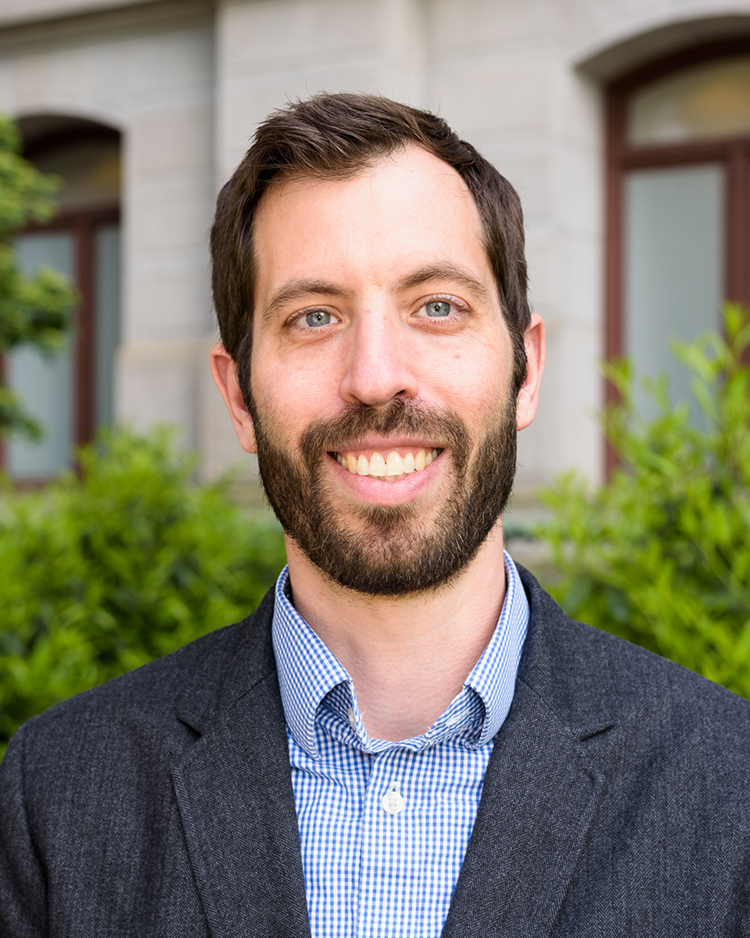
Solarize is not alone in recognizing the transformative power of solar.
In its 2021 Solar Futures Study, the U.S. Department of Energy Solar Energy Technologies Office (SETO) reported that costs of residential installations have plummeted nearly 70% since 2014. Employment in the solar industry has jumped 167% in the last decade. More than 10,000 U.S. companies are now involved in the solar industry. Amazon, Google, Walmart, Target, Apple and Tesla are all investing in solar. SETO forecasts that, by 2030, one in seven homes will have rooftop photovoltaic systems. The United States now ranks #2 in global solar production, with only 3% of electricity currently generated by solar. Forecasters predict that by 2050 that percentage will climb to 20%.
Solar panel prices have decreased, but the “soft costs” of permitting, financing and customer acquisition account for about 65% of the installation expense. The SETO report notes the need for market interventions to ensure equitable access to the benefits of solar.
Innovations in purchasing, financing, community engagement and education are central to Solarize. Their superpower has been their ability to navigate among city programs, coordinate departments and utilities, and create a pool of trusted suppliers. Solarize worked with Licenses & Inspections to streamline the permitting process, with PECO to simplify meter installation, with equipment suppliers to achieve group buying power, and with installers and service providers to create dependable choices for consumers.
In December 2021, Philadelphia Energy Authority’s green bank affiliate, the Philadelphia Green Capital Corp, introduced “Share the Sun,” described on their website as “a first-of-its-kind solar renewable energy audit donation program in the nation” with the goal of making rooftop solar more accessible for low to moderate income households in the city. And Solarize’s new lease program offers a fixed rate for kilowatt hours over a 20-year span, at rates cheaper than PECO’s current rates.
Community marketing manager Julian Burnett went to work for PosiGen, one of Solarize’s partner providers, because he “wanted to see the impact of [his] work outside [his] front door.” Burnett says that Solarize’s leasing program has stimulated “more activity in low and moderate income homes. This is especially impactful since older homes are often less energy efficient, with incredible financial burdens for heating and cooling.”
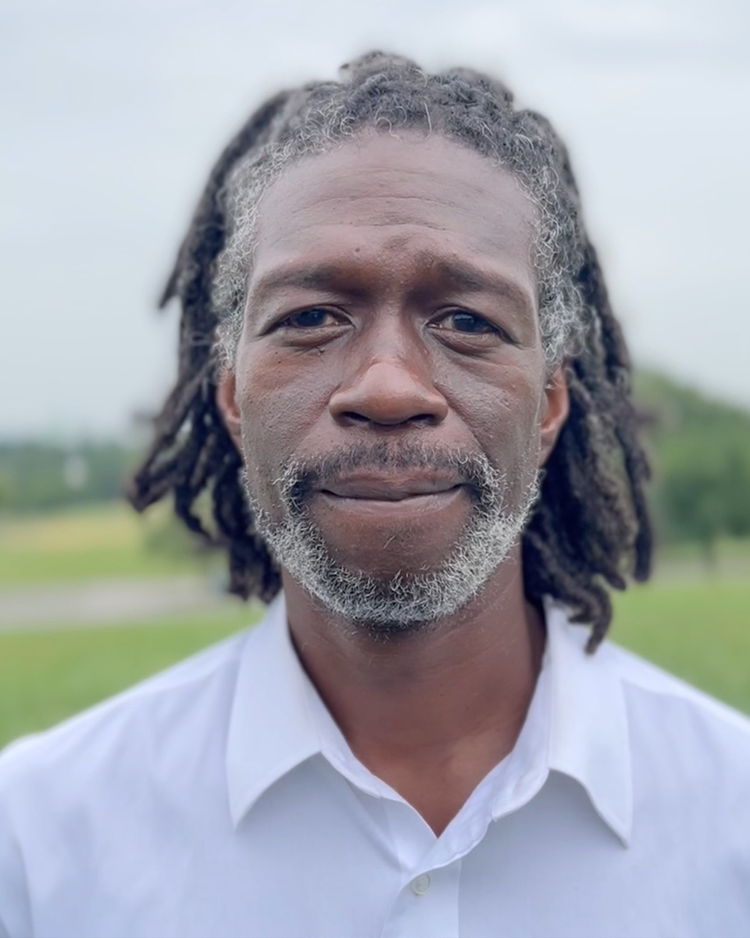
Jared Pashko, residential and commercial sales manager for Solar States, another Solarize partner provider, sees the customer base for solar expanding. Pashko believes environmental concerns are driving more diverse customers to solar. “When I started it was very much an echo chamber of voices from the organic food crowd.” Now he sees “lots of people who want to switch to solar for their grandkids and for our future quality of life.”
Philadelphia Solar Energy Association executive director Liz Robinson attributes the uptick in solar to specific worries. “People are much more urgent in their desire and determination to add solar for many reasons, but environmental concerns are very strong, particularly in Philly. There’s tremendous awareness it’s going to get much worse here. People are concerned about their quality of life as it relates to climate change.”
Abramson adds, “We’re already seeing hotter summers, more intense storms and more frequent power outages. Air conditioning is becoming more of a necessity than a luxury.”
Despite growing enthusiasm for solar, common misconceptions linger. PosiGen’s Burnett encounters skepticism from homeowners who were promised savings on their electric bill by switching providers, then saw those initial savings evaporate. He explains how going solar is different. “You’re still getting your power delivered by PECO, but the source is now the sun.”
Part of my challenge is getting people to believe that it sounds too good to be true, but it is real.
— Julian Burnett, community marketing manager for PosiGen
Solar States’ Pashko counsels consumers who think their roof is inadequate. “Some people feel if they only have a small roof it’s not worth it to go solar. Even if you have enough space to cover 10% of your energy needs, it’s worth it. You’ll save 10% of your electric bill.” In fact, many households can generate 60 to 80% of their energy needs. Paskho wants homeowners to weigh the greater impact that has “for the planet, your wallet, the city, workforce development, the whole thing.”
Despite the availability of Solarize’s attractive programs, developers and landlords have been slow to sign on. Philadelphia Solar Energy Association’s Robinson considers the lack of solar on the majority of new construction to be a missed opportunity. Ever hopeful, Robinson notes that these huge new flat roofs across the city are perfect for future solar arrays.
As potential solar adopters, Abramson places landlords in two groups: one that is purely profit driven and one that combines profit with social responsibility. “Solar offers paybacks for both types. Solar is additive. Any roof in good condition is a candidate.”
In buildings with common space, installing solar can cover the costs of that area. As a marketing feature, landlords could build utility costs into the rent and keep the energy savings. Landlords with multiple properties within a two-mile radius can create a shared solar account. Power generated at one site can offset costs on other properties, spreading energy benefits across holdings.
Taken together, there are many reasons to adopt solar solutions. Robinson advises making the switch “as soon as you can. As we increase the penetration of solar we will be stabilizing energy costs.” And Burnett encourages city residents to take advantage of the affordable opportunities Solarize offers.
Going solar can reduce the burden on energy production, make homes more comfortable, provide users with more energy resilience against outages and save money. But beyond that, Burnett believes the local solar industry can help address gun violence through economic and workforce development. “A job is great, but a career is better. In Philly the solar industry provides that opportunity. Part of my challenge is getting people to believe that it sounds too good to be true, but it is real.”
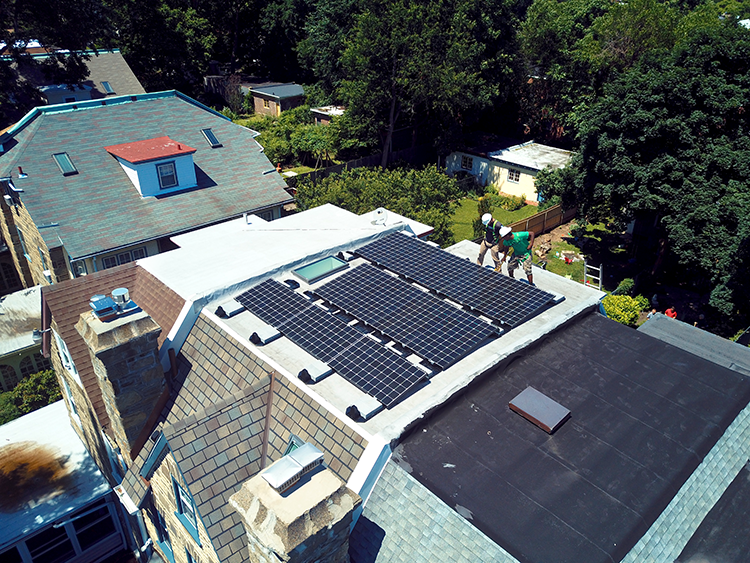


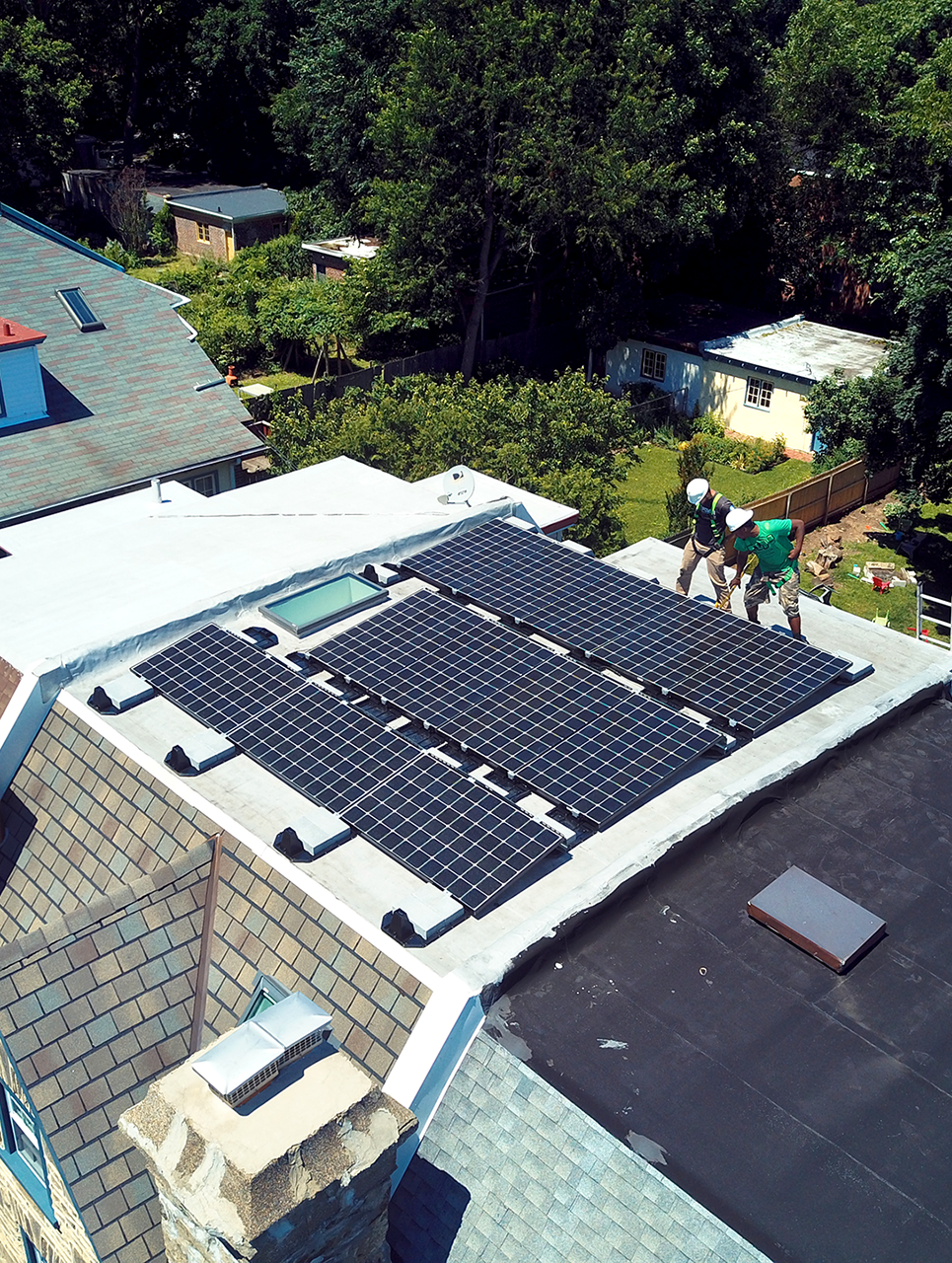
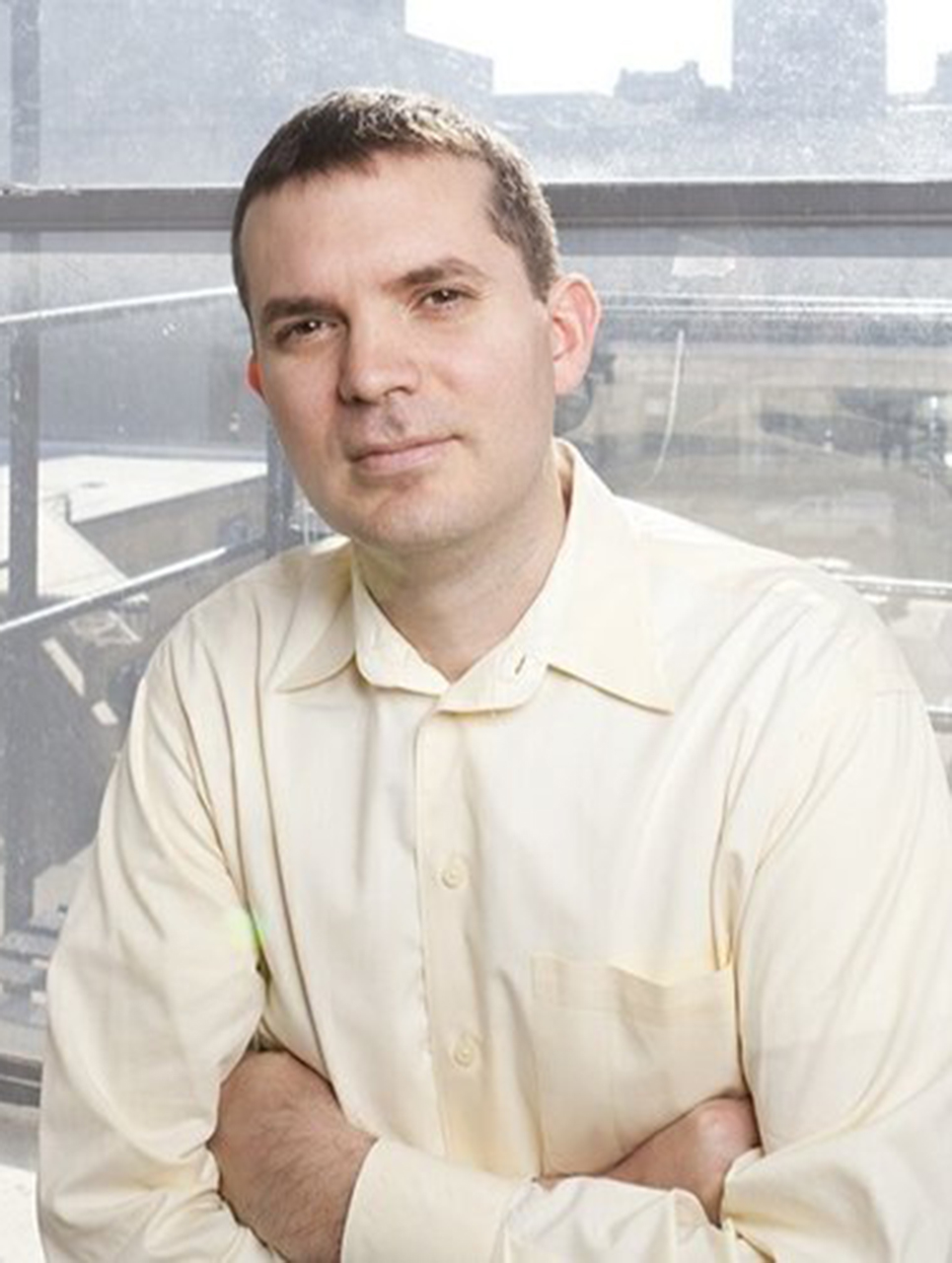
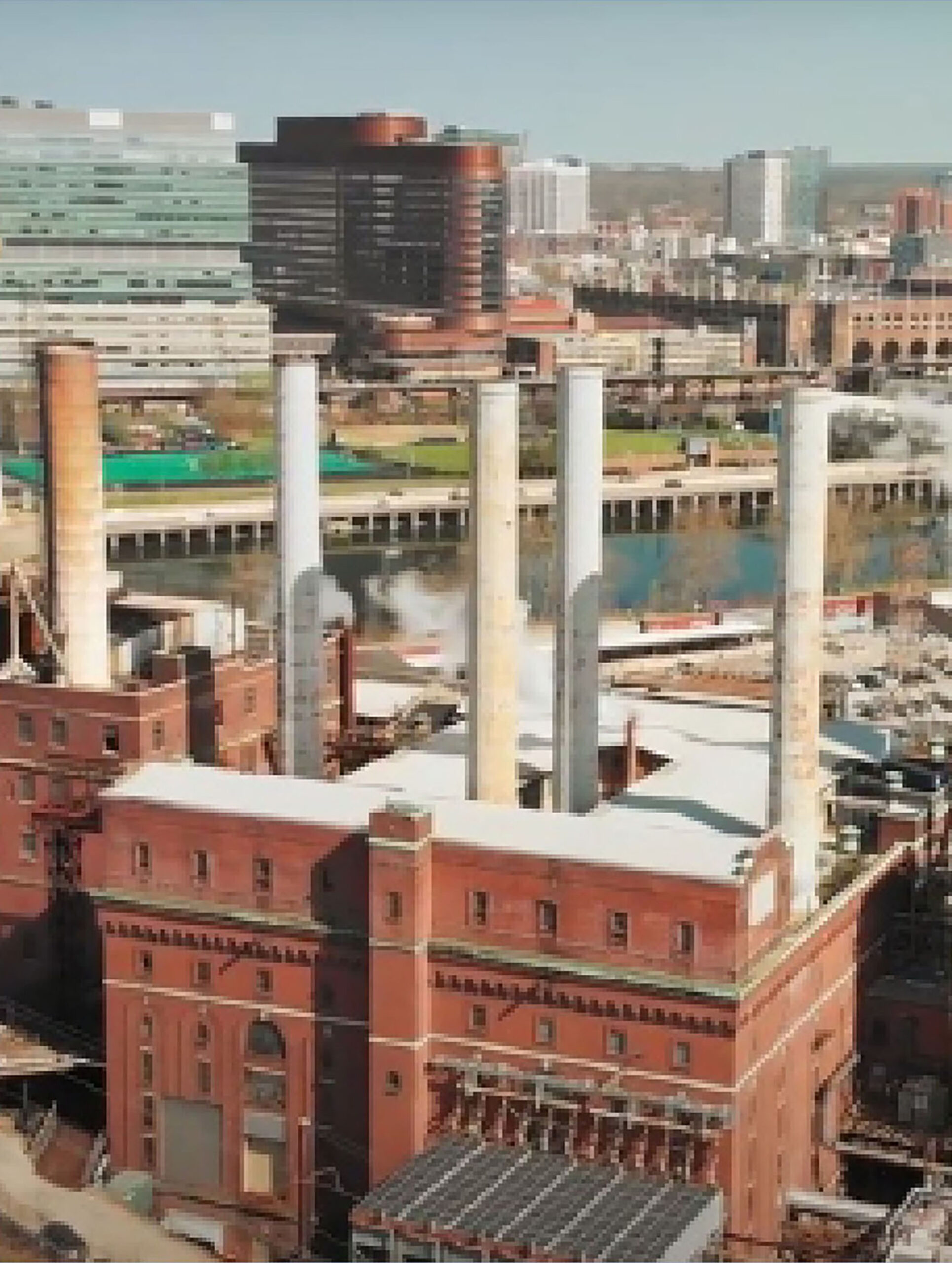
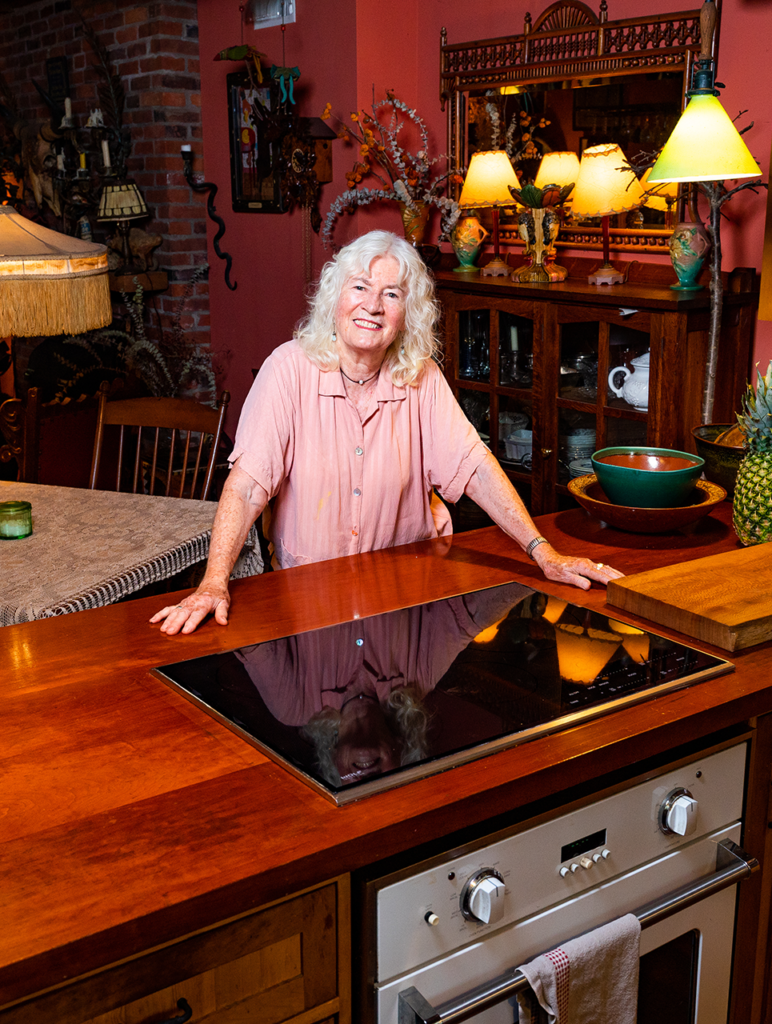
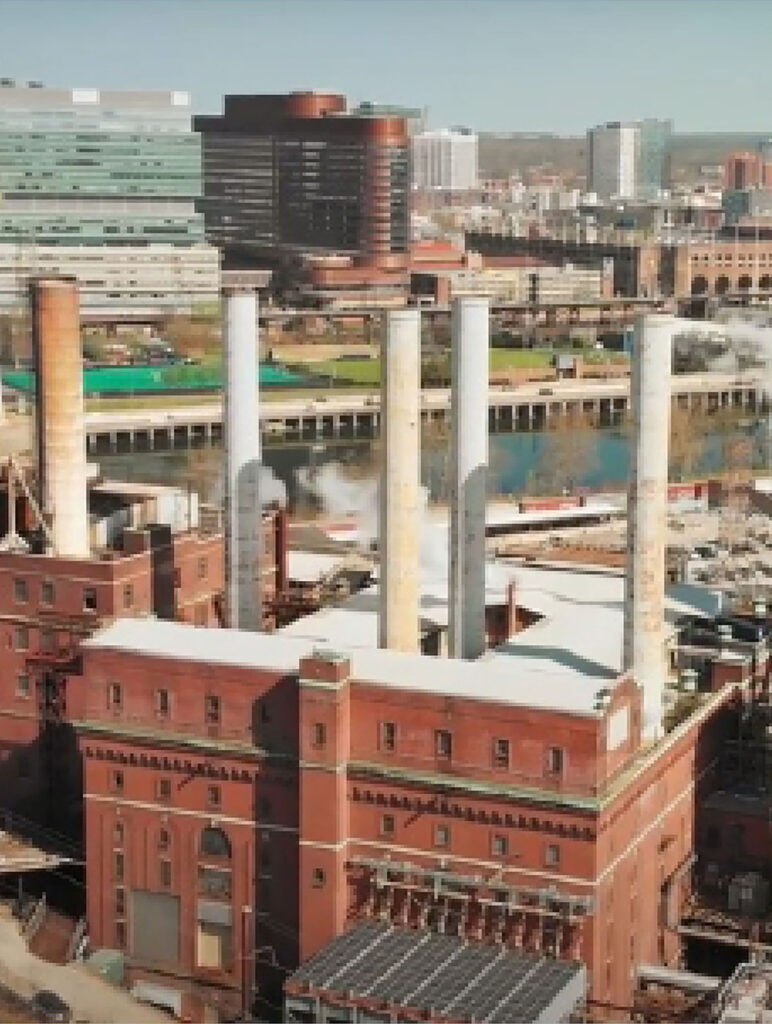
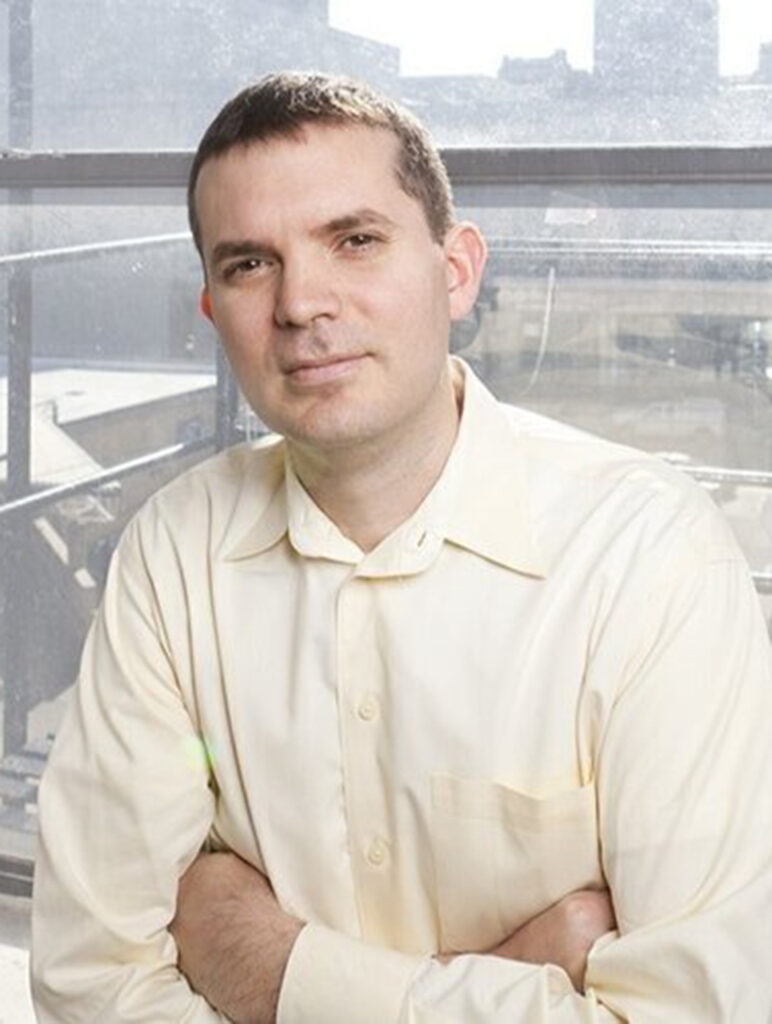
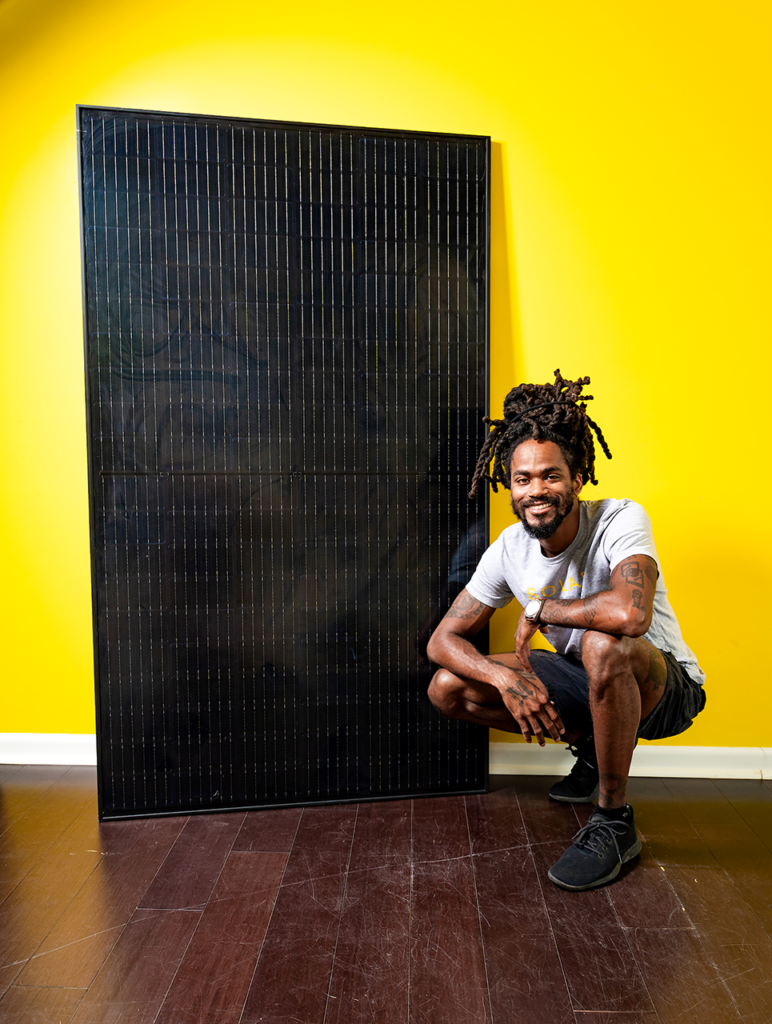
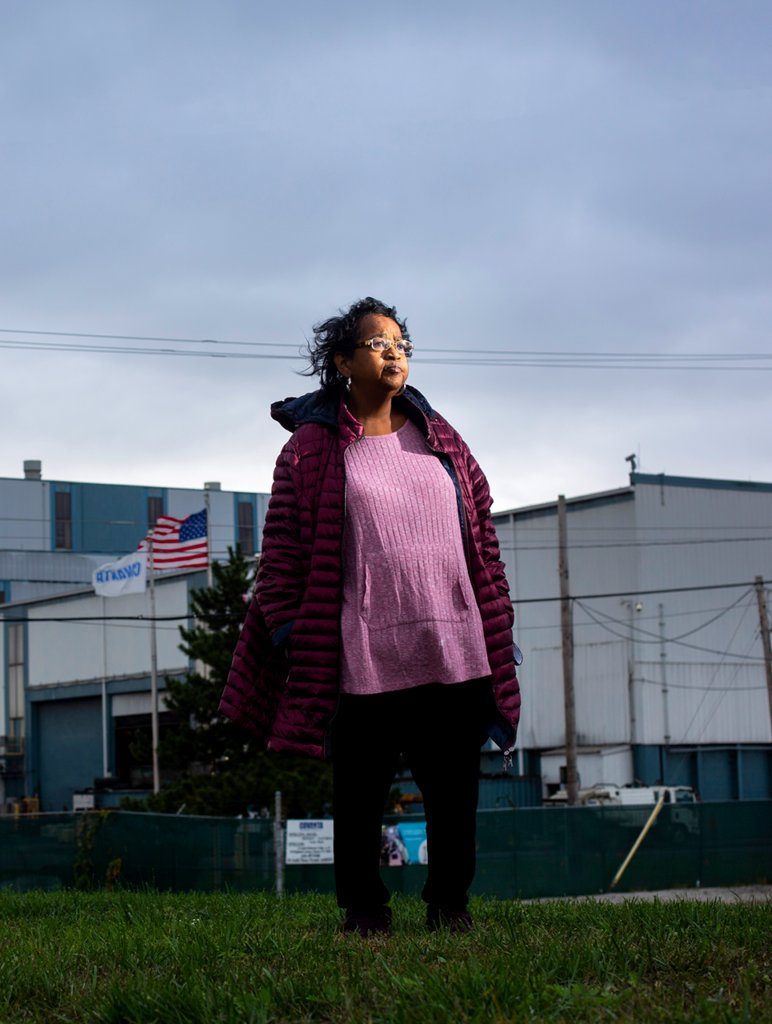
Hopefully Julian Burnett’s wisdom will be noted because by saving money and our own neighborhood we can also have an impact on saving our environment as solar energy spreads nationally and globally.